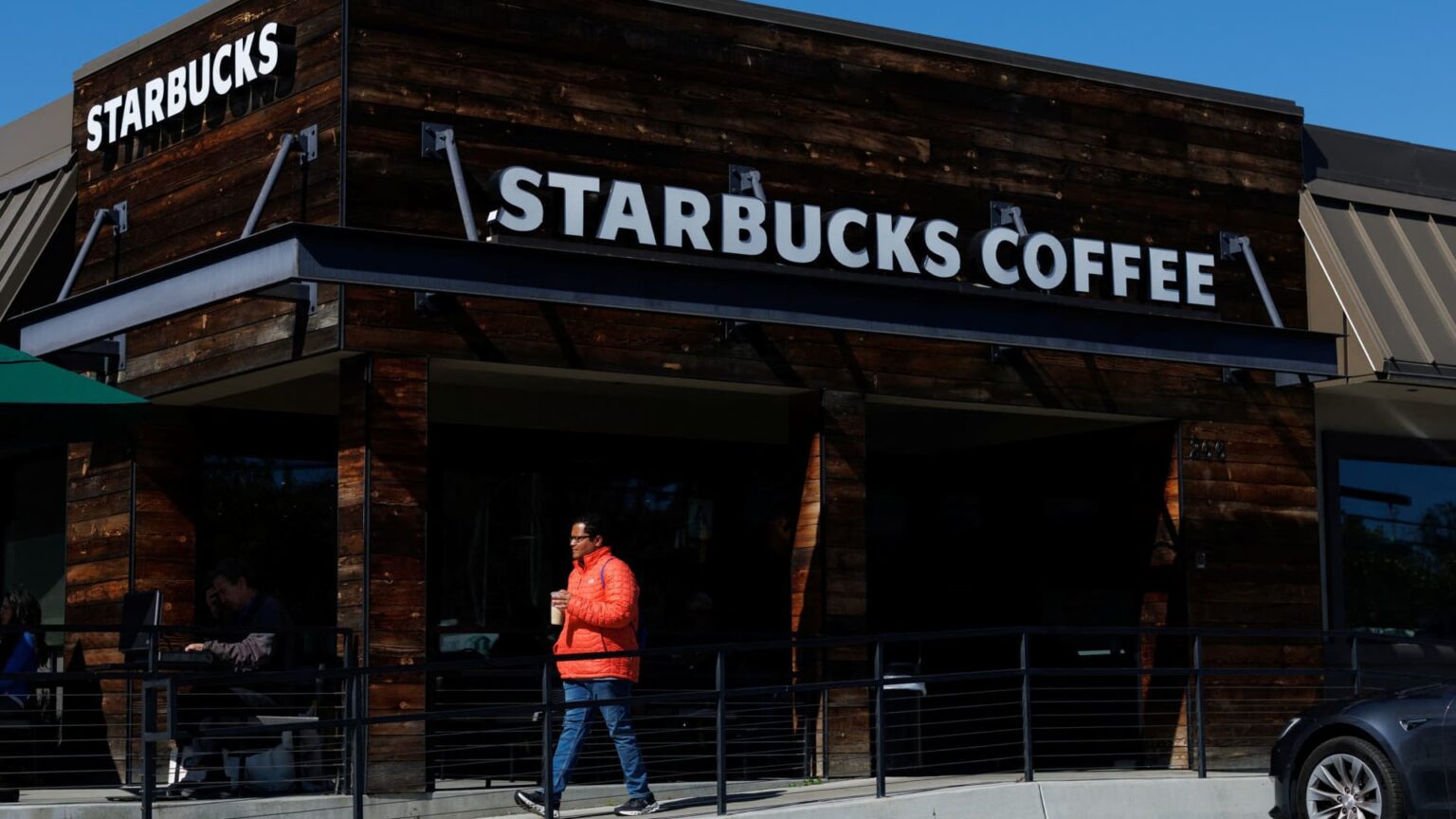Restaurant Stocks Face Decline Amid Economic Concerns
The recent downturn in U.S. stock markets has prompted significant declines among restaurant stocks, raising fears of an impending recession. Following President Donald Trump’s announcement of substantial tariffs on imports from critical trading partners, investors have reacted with caution.
Market Response to Tariff Announcements
Despite forecasts indicating that most restaurant businesses will not be directly affected by these tariffs, concerns center around the potential inflationary impacts that may pressure consumer spending. In a note to clients, UBS analyst Dennis Geiger stated, “We view the direct cost impact of tariffs on restaurants as manageable… but see the bigger risk as incremental pressure on consumer spending and industry demand.”
Starbucks Stock Performance
Among the influenced companies, Starbucks has seen its shares decline by over 2%. This drop follows a downgrade by Baird to a neutral rating, citing short-term economic pressures. Since the tariffs were unveiled, the coffee chain’s stock value has fallen nearly 20%. Bank of America Securities analyst, Sara Senatore, reported several reasons for the decline, including expectations of rising coffee costs due to tariffs and potential anti-American sentiment.
Global Coffee Supply Challenges
The majority of coffee is harvested from regions within the Coffee Belt, which encompasses parts of Latin America, Africa, and the Asia-Pacific. The newly implemented tariffs on significant coffee-exporting nations like Brazil, Vietnam, and Switzerland compound supply issues, as coffee production relies heavily on these areas. Additionally, the risk of trade tensions affecting Starbucks’ international sales is troubling, particularly as consumer sentiment in markets like China has shifted against Western brands in the past.
Impact on Casual Dining and Fast-Casual Chains
Casual dining establishments were not spared from market declines, with shares of Dine Brands, the parent company of Applebee’s and IHOP, dropping nearly 3%. Meanwhile, Darden Restaurants and Texas Roadhouse saw slight decreases of less than 1% and about 2% respectively. Even fast-casual favorites experienced declines; Chipotle’s shares fell nearly 2%, Sweetgreen dropped 1%, and Wingstop declined by less than 1%.
Fast-Food Sector Resilience
Fast-food stocks are facing a similar trajectory, as seen with the slight declines observed in McDonald’s, Restaurant Brands International, and Yum Brands during morning trading. Traditionally, fast-food establishments have stood strong during recessions, attracting diners who trade down from more expensive dining options. However, recent consumer spending trends indicate reduced frequency in visits from lower-income customers, impacting quick-service restaurants significantly.
Stock Movements Among Competitors
While most restaurant stocks faced declines, a few competitors showed resilience. Dutch Bros, a rising competitor to Starbucks, experienced a rebound, gaining more than 4% after falling nearly 10% earlier in the week. Cava also showed positive movement, rising over 6% in trading.
Conclusion
As fears of economic downturn loom, the restaurant industry is navigating turbulent financial waters. Investors remain vigilant, watching for developments in consumer sentiment and pricing strategies that could mitigate the impact of current market conditions.
